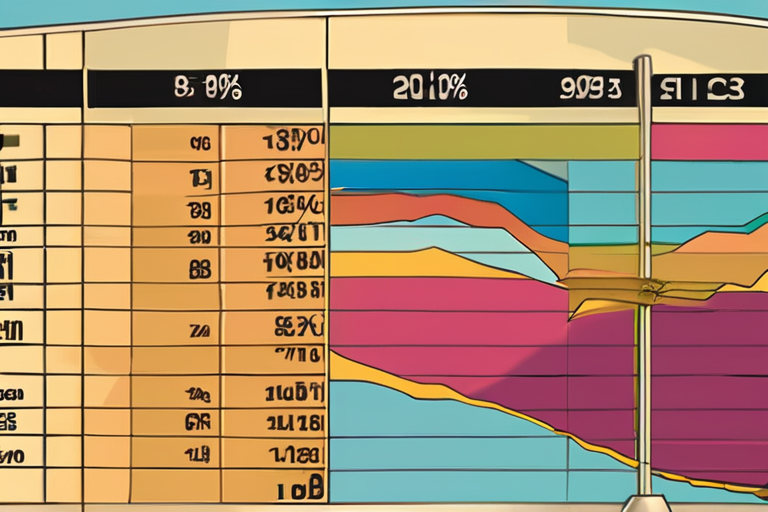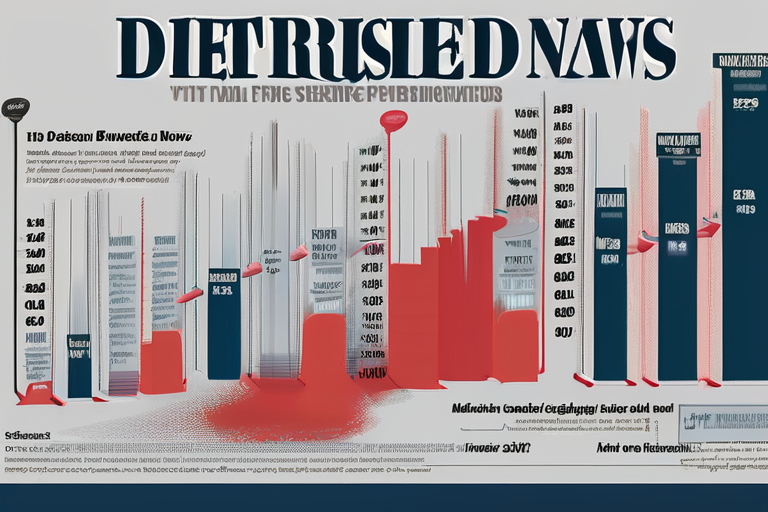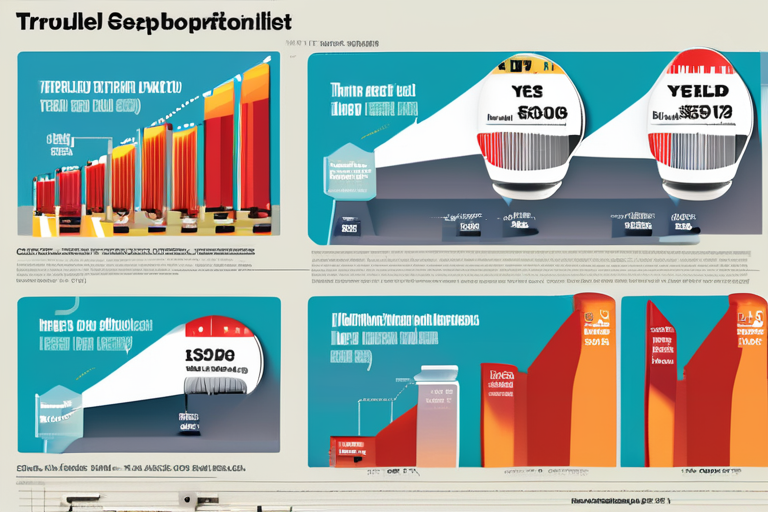A rare inflation flip is expected to give emerging markets an edge over rich nations, injecting fresh momentum into this year's rally in emerging-market bonds. According to analysts, the trend is expected to continue, driven by the view that central banks in emerging markets will have room to cut interest rates faster than their developed-world counterparts.
The inflation flip, which has seen some emerging markets experience gains in excess of 20%, has already started to attract the attention of money managers. Morgan Stanley Investment Management Inc. and Ninety One Plc are among the firms positioning for further gains in emerging local-currency debt. This move is expected to add another dimension to a stellar run for investors, who are already enjoying the best gains in years in asset classes from stocks to dollar bonds.
The gains in emerging markets, including Hungary, Brazil, and Egypt, have been driven by a combination of factors, including lower inflation rates and a decline in interest rates. According to data from Bloomberg, the yield on Hungary's 10-year bond has fallen to 6.5%, while the yield on Brazil's 10-year bond has dropped to 8.2%. In contrast, the yield on the US 10-year Treasury bond has risen to 3.8%.
The market impact of the inflation flip has been significant, with emerging-market local-currency debt experiencing a surge in demand. According to a report by Morgan Stanley, the asset class has attracted over $10 billion in inflows in the past quarter, with investors seeking to capitalize on the trend. The report also noted that the asset class has outperformed dollar-denominated debt by a significant margin, with returns of 12.5% compared to 6.5% for dollar-denominated debt.
The companies positioning for gains in emerging local-currency debt are well-placed to capitalize on the trend. Morgan Stanley Investment Management Inc. has a significant presence in emerging markets, with a team of experienced analysts and portfolio managers who have a deep understanding of the region. Ninety One Plc, on the other hand, has a strong track record of investing in emerging markets, with a focus on local-currency debt.
Looking ahead, the outlook for emerging-market bonds remains positive, driven by the expectation of further interest rate cuts and a decline in inflation rates. According to a report by the International Monetary Fund, emerging markets are expected to experience a significant decline in inflation rates in the coming year, driven by a combination of factors including lower commodity prices and a decline in global demand.
In conclusion, the rare inflation flip is expected to continue to drive gains in emerging-market bonds, driven by the view that central banks in emerging markets will have room to cut interest rates faster than their developed-world counterparts. With money managers positioning for further gains, the outlook for the asset class remains positive, driven by a combination of factors including lower inflation rates and a decline in interest rates.



























Share & Engage Share
Share this article